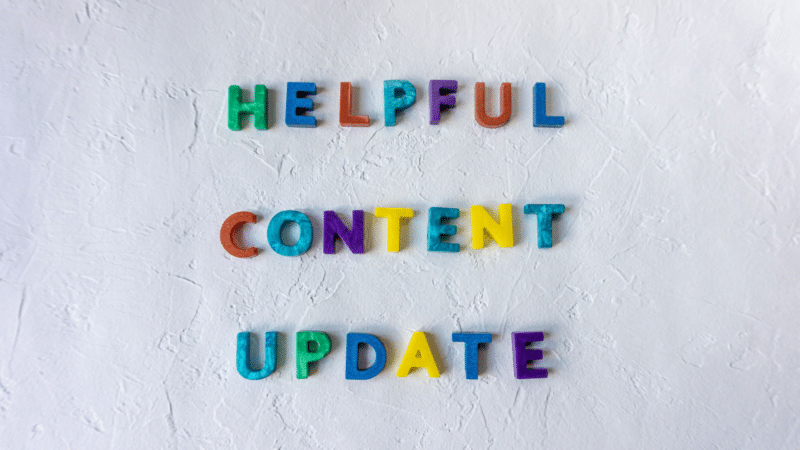
Navigating SEO Challenges Post-Google Updates: Insights for Publishers
The publishing landscape has undergone significant transformation in the past year, driven largely by intensified competition and Google’s continuous algorithm adjustments, particularly the Helpful Content Update (HCU). Many publishers, including technology websites like Pickr, have witnessed dramatic shifts in traffic and rankings. Such experiences underscore a critical point for content creators and marketers: adaptability is key when faced with adverse changes.
The first essential step in confronting these challenges is a rigorous content evaluation. Publishers are encouraged to conduct comprehensive audits of their existing material, comparing their quality against competitors in the same niche. The reality often reveals a gap between perceived and actual content effectiveness, where a substantial portion may fall short of necessary quality standards, thereby impacting search visibility.
Following a keen assessment, enhancing content helpfulness emerges as paramount. This can involve redesigning page layouts, incorporating features such as tables of contents, and streamlining navigation to improve user experience. The core principle is simple: content must serve the reader’s needs effectively, fostering engagement and retention.
Furthermore, transparency in communication regarding content updates is critical. Publishers should be honest about practices being employed; misleading strategies can attract penalties. Given search engines’ capabilities to detect discrepancies, integrity matters profoundly in sustaining rankings.
Technical maintenance is another facet that deserves attention. Utilizing tools like Google Search Console to identify and rectify technical errors can significantly improve a site’s health. Investment in these areas is an essential strategy for mitigating the impacts of updates like the HCU.
Building a strong brand identity plays a substantial role as well. A solid and recognizable brand can enhance visibility and contribute indirectly to improved rankings. Engaging marketing efforts that build awareness will establish a connection with the audience, facilitating long-term success.
An important takeaway from ongoing discussions within the community is the critique of reactive strategies—such as public complaints or dependence on backlinks—as primary means for recovery. Instead, focused improvements in design, transparency, and on-site SEO are crucial.
For publishers facing similar challenges, consulting experienced SEO professionals is advisable. This tailored approach can provide insights that general trends may overlook. As the digital marketing landscape continues to evolve, enduring proactive changes, rather than relying solely on reactive solutions, may pave the way for recovery and enhanced visibility.
Moreover, the integration of URL shorteners and management tools into content strategies can further enhance user experience and improve link management. Tools like BitIgniter or LinksGPT facilitate the creation of concise, trackable links that can lead to improved engagement metrics, reinforcing the principles discussed.
In conclusion, while publishers may find the road ahead daunting, the message is clear: with strategic and informed adjustments, it is entirely possible to navigate the complexities of SEO and emerge stronger post-update. Keeping the focus on quality, helpfulness, and established best practices paves the way for robust recovery.
Hashtags: #SEO #ContentMarketing #DigitalStrategy #BitIgniter #LinksGPT #UrlExpander #UrlShortener
Want to know more: https://searchengineland.com/google-hcu-recovery-447450

